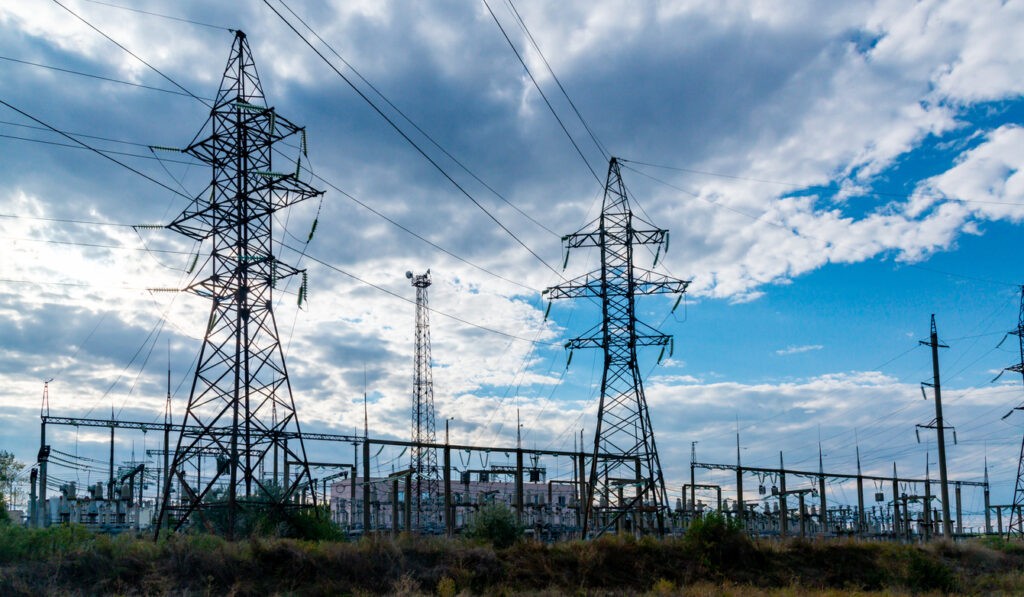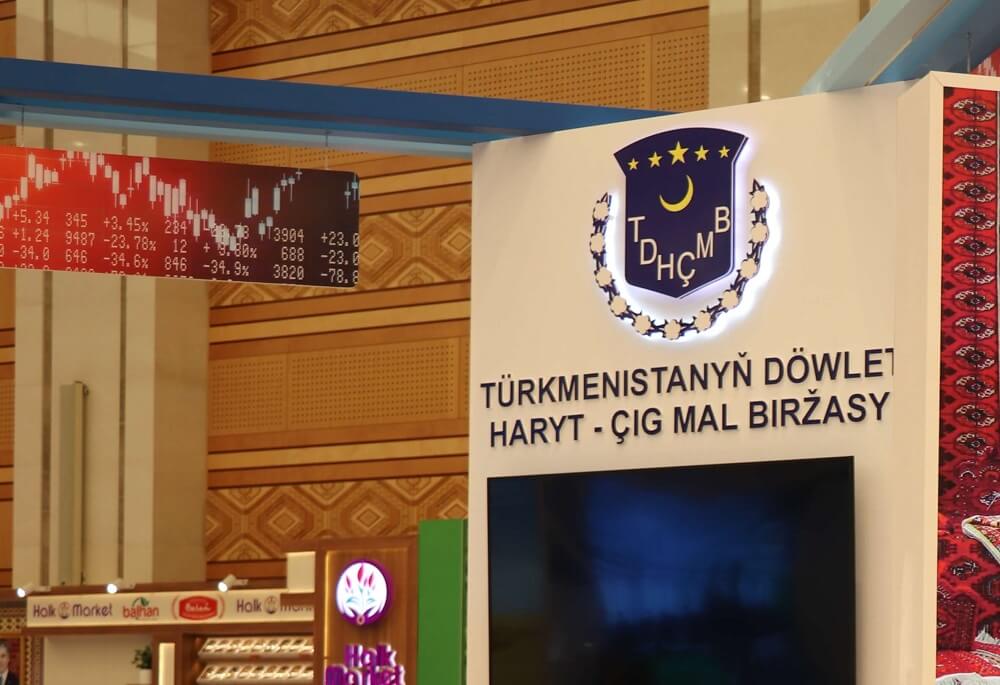BISHKEK (TCA) — On February 1-2, President of Kyrgyzstan Sooronbai Jeenbekov made an official visit to Tajikistan. The visit coincided with the 25th anniversary of the establishment of diplomatic relations between the two countries.
Presidents Sooronbai Jeenbekov and Emomali Rahmon discussed development of trade and economic relations, regional security and cooperation in the water use and energy sector. The heads of the two states adopted a joint statement, and several documents were signed.
It was the third foreign visit of the new president of Kyrgyzstan. All three visits were to neighboring countries — Uzbekistan, Kazakhstan and Tajikistan, with which Kyrgyzstan has accumulated problems in relations.
Trade and economic cooperation
There is a huge unrealized potential in the trade and economic spheres between Kyrgyzstan and Tajikistan. It is necessary to create favorable conditions to develop cooperation in the export, import and re-export of goods, taking into account Kyrgyzstan’s membership in the Eurasian Economic Union, Jeenbekov said. “We should help businesses of our countries establish contacts and conclude contracts, he added, suggesting holding a Tajik-Kyrgyz business forum in Bishkek in the near future.
To create the necessary conditions for tourism development, Jeenbekov proposed to increase the number of flights between the countries on the Bishkek-Dushanbe-Bishkek route.
Despite many agreements on trade and economic cooperation signed between the two countries, there is no dynamics. The trade amounted to $40 million in 2014, and it has not changed much so far. There is no joint large business or mutual investments. Trade cooperation takes place mainly in the border areas.
Kyrgyz Economy Minister Artem Novikov and Minister of Economic Development and Trade of Tajikistan Nematullo Hikmatullozoda discussed establishing joint ventures in Kyrgyzstan and Tajikistan, particularly in the border areas of the Batken province in the south of Kyrgyzstan and Sughd Province of Tajikistan to process apricots (harvesting and packaging), tomatoes, vegetable oil, sausages, and other agricultural products. To develop cross-border trade, they proposed developing the Leilek free economic zone in the Batken province and intensify the work of border markets.
State border
Presidents Jeenbekov and Rahmon exchanged views on the delimitation and demarcation of the Kyrgyz-Tajik border.
“Our peoples have been waiting for a long time to complete the delimitation of the state border. An early resolution of the delimitation of the Kyrgyz-Tajik state border and the signing of the relevant treaty will be an important factor in strengthening security and stability in the border area,” Jeenbekov said. He stressed the need of joint effective measures in protecting state borders, combating terrorism and extremism, and drug trafficking.
On the Kyrgyz-Tajik border, there are more than 70 non-delimited sections. In 2015, the delimitation was suspended at the initiative of Tajikistan. Previously, positions of the two countries diverged.
The presidents of the two countries decided to speed up the process of delimitation and agreed to hold meetings to identify specific areas.
To date, 519 kilometers of the border have been determined. Relations between the two countries were often accompanied by tension on the border. The Kyrgyz-Tajik border remains the least demarcated, and the problem around the Tajik enclave Vorukh in the Batken region of Kyrgyzstan is the most acute. In 2014, the conflict over this enclave froze relations between the two countries for several months.
Joint Statement
Presidents Jeenbekov and Rahmon signed a Joint Statement in which they stressed that further comprehensive strengthening of good-neighborly relations between Kyrgyzstan and Tajikistan will serve the national interests of both states, maintaining regional security and stability in the Central Asian region.
The parties agreed to develop mutually beneficial cooperation in all key areas bringing it to a higher level of partnership.
Energy
The presidents spoke about comprehensive and rational use of water and energy resources in Central Asia and stressed the importance of developing sustainable mechanisms for mutually beneficial cooperation in this area.
It is necessary to develop regional cooperation as part of the Agreement between the governments of Kazakhstan, Kyrgyzstan, Tajikistan and Uzbekistan on the use of water and energy resources of the Syrdarya River basin dated March 17, 1998, Jeenbekov said.
The presidents expressed their commitment to carry out the CASA-1000 (Central Asia-South Asia) regional project and agreed to actively cooperate in its sooner implementation. The CASA-1000 will provide electricity generation in Kyrgyzstan and Tajikistan at local hydroelectric power plants (HPPs) with its subsequent sale to energy-deficient Afghanistan and Pakistan.
The $1.2 billion project has been implemented for more than 10 years. However, neither the Kambarata-1 HPP in Kyrgyzstan nor the Rogun HPP in Tajikistan has been built so far, although the CASA-1000 is focused precisely on these HPPs.
The Italian company Salini Impregilo has promised that the first unit of the Rogun HPP would be put into operation in November 2018. The Government of Tajikistan signed an agreement with this company on the completion of the Rogun HPP last summer.
Rogun HPP is located on the Vakhsh River, 110 km from Dushanbe.
Kyrgyzstan is interested in the transit of electricity to South Asia, while Uzbekistan and Turkmenistan are interested in similar supplies of energy to Pakistan and Afghanistan (including through Tajikistan) from their thermal power stations.
To develop a unified Central Asian energy system that suits all, the countries have to negotiate further.
Historical fact
In 1992, a civil war broke out in Tajikistan and the conflict lasted for several years. There were thousands of killed and hundreds of thousands of refugees. Many people were forced to leave their homeland, and Kyrgyzstan was among the countries that sheltered Tajik refugees.
Due to the efforts of Kyrgyzstan, the settlement of the conflict in Tajikistan was the main theme of the meeting held by the Tajik President, opposition leaders and a representative of the UN Secretary-General in Bishkek in May 1997. For the first time, initial truce agreements were reached. The warring Tajik parties succeeded to achieve full reconciliation in Moscow in July 1997.








